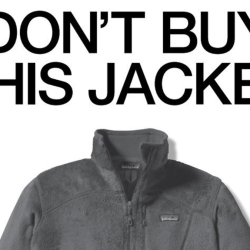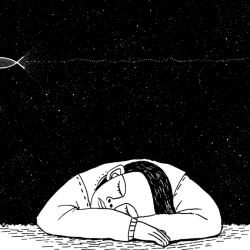How many times do we respond to the question ‘how are you?’ with those two famous words: ‘I’m fine’? It’s a universally acknowledged response that actually means nothing at all. How many of us actually feel fine?
Which other adjectives would better describe our true emotions? Overwhelmed? Hopeful? Anxious? Grateful? Toxic positivity is rampant. Our lies have infiltrated our vocabulary like a poisonous infestation and we’re oblivious to their existence.
Social media: the white lies add up
How often do we share a post on social media documenting a highlight ‘dump’ of our day/week/month? Although less aesthetically pleasing and polished than the Instagram posts of a few years ago, there’s still a level of careful curation and deliberation that pours into the selection of every image.
Why do we feel the need to show only the best or most successful or most exciting snippets of our lives on social media? Are we too scared to face the reality that everyone (ourselves included) has bad days?
The constant obsession with perfection leaves little room to honour and accept our true emotions, both good and bad. We see content from our friends, family, creators and celebrities showing the very best of their lives so that must mean they don’t have bad days, right?
There’s no way that they could possibly experience the anxiety, stress or lack of motivation that we feel. Their lives just look too perfect. But what we don’t see, and what we also don’t show, are the truths. The heartbreak your friend is feeling at a family wedding whilst going through a breakup. The letter your cousin received from their child’s school with concerns about their behaviour. The miscarriage the celebrity is going through while honouring their contractual sponsored brand posts.
We know that we don’t always share our own realities, yet we believe that everything we see from others is their whole, unfiltered truth — no questions asked.
What roles do brands play?
When we’re so used to being marketed to by brands in a way that makes us feel ‘less than’, of course we are conditioned to conceal any and every part of ourselves that we don’t believe is perfect. Whether it’s exposing us to physical flaws we never even knew we had in order to sell us beauty products, or partnering with influencers whose lives feel like a Hollywood film compared to our own, brands know how to prey on our deepest insecurities. There are lots of brands breaking this mould and moving towards more inclusive, more real and, let’s face it, more boring advertising.
However, there is still a long way to go to achieve a level of brand marketing that depicts real life for real people. Authenticity is somewhat of a buzzword in recent years, but the reality is that it presents an opportunity for brands to relate to audiences craving a break from the smokescreens and deception.
The more brands acknowledge and lean into boring truths, the more we will.
How we uncover our truth
If we’re made to feel inadequate every day through social media, email marketing, TV ads, we want to at least feel like we can show our best selves to our own friends and family. We believe that people want to hear or see the lies.
Lisa from accounting doesn’t want to hear about my terrible morning getting the kids to school, I’ll just respond with ‘I’m fine’.
Therein lies the problem. We assume that people don’t care about our truths so we don’t share them, yet we’d feel much less alone in our own realities if we felt that others could relate. Taking the time to understand who we are, what we stand for, what we like, dislike or feel indifferent to about ourselves, is an important part of understanding when we are actually telling the truth. How are we supposed to tell the truth if we don’t even know what it looks like?
Tearing down the barriers surrounding what we deem acceptable to share helps remove the burden of constant perfection we place on ourselves. Removing the mask, showing the rough and smooth, and helping others do the same is the best way towards discovering and achieving peace with our own truths.
Featured image: Oscar Keys / Unsplash































